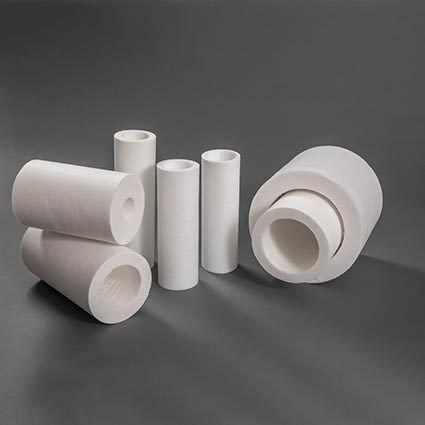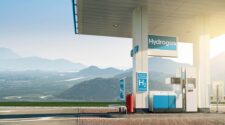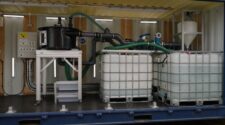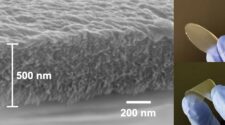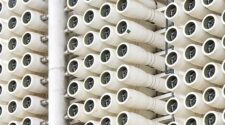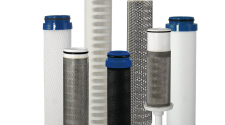Porex, a global provider of porous polymers, offers automotive manufacturers a filtration technology designed to improve engine life and compliance with environmental legislation limiting greenhouse gas emissions. The POREX CCV Filter for closed crankcase ventilation (CCV) systems removes oil mist and particulates from crankcase blow-by gases, prevents clogging and allows for lower pressure drops to improve vehicle efficiency. The POREX CCV filter helps lower vehicle emissions of nitrogen oxides (NOx), hydrocarbons and other harmful gases so that manufacturers conform more easily to EURO VI, China VI-a and VI-b, LEV III, Tier IV Final and BS VI emission standards.
Automotive manufacturers utilize closed crankcase ventilation systems to relieve pressure in engine crankcases caused by so-called blow-by gases. These systems remove airborne dust, particles, hydrocarbons and other problem gases and prevent them from being leaked into the atmosphere. A CCV system also captures usable gases and oils to be reused within the combustion process, improving an engine’s performance. The POREX CCV filter is engineered from direct-formed bound fibers that offer greater filtration efficiency and resilience compared to competitive fiberglass filters, according to Porex. It effectively removes 96.4% of oil mist and particulates >0.3µm from hot crankcase blow-by gases.
As manufacturers endeavor to comply with new emission standards, more sophisticated closed crankcase filtration technologies are needed to capture, filter and coalesce finer particles and return them to engine intake systems. The POREX CCV filter offers optimized pore size filtration that is compatible with higher-viscosity fuels commonly used in today’s automobiles. Porex’s low pressure filter design enhances vehicle efficiency because it facilitates even and consistent oil pressure regardless of a vehicle’s varying speeds and driving conditions. This consistency also improves performance and extends the life of the filter. Using Porex’s filtration media will also help reduce costly engine maintenance repairs and downtime, according to the company.


